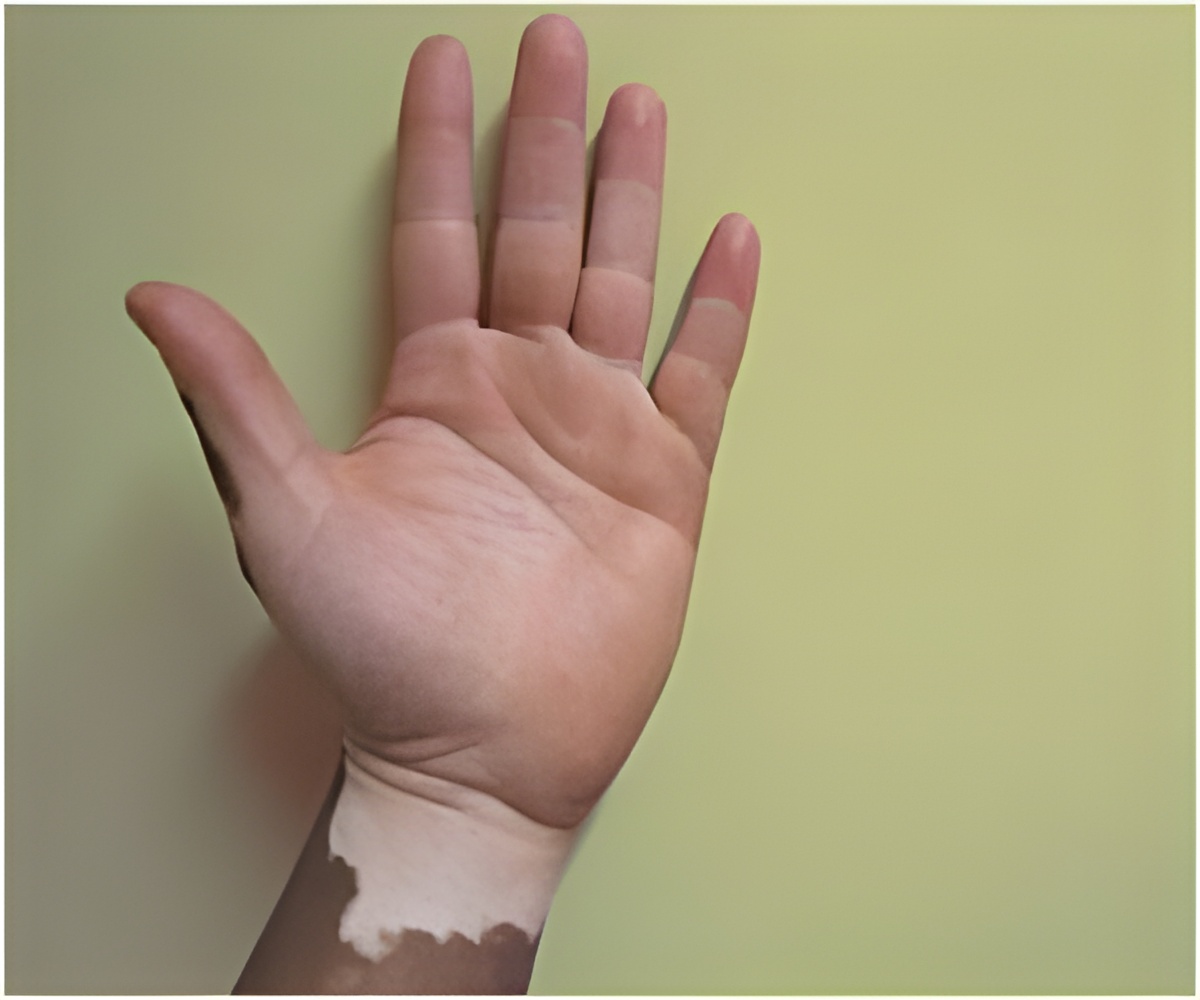Prenatal exposure to household chemical called butylbenzyl phthalate (BBzP) increases risk of childhood eczema, reveals study.

Details are published in the advance online edition of Environmental Health Perspectives, a journal of the National Institute of Environmental Health Sciences.
Eczema, which is characterized by dry, itchy red skin on the face, scalp, or extremities, is common in early childhood. "While hereditary factors, allergens, and exposure to tobacco smoke are known to contribute to the condition, our study is the first to show that prenatal exposure to BBzB is a risk factor," says Allan C. Just, PhD, first author on the Mailman School study and currently a postdoctoral researcher at the Harvard School of Public Health.
The study looked at 407 nonsmoking African-American and Dominican women and their children in New York City. Exposure to BBzB was measured through a urine test during the third trimester of pregnancy. Following birth, the mothers were asked if their child had been diagnosed with eczema. The result: onset of eczema by age 2 was 52 percent more likely in children whose mothers had been exposed to higher concentrations of BBzP, compared with those whose mothers had been exposed to lower concentrations. All but one of the women in the study showed some level of exposure to the chemical.
How BBzP might induce eczema remains murky. To explore that question, the researchers looked at allergies as a possible mechanism. Children were tested for three common indoor allergens: cockroaches, dust mites, and mice, as well as for total IgE, a biomarker for an immune response to all allergens. But they found no evidence of a link between BBzP exposure and allergy.
"We know allergies are a factor with some childhood eczema, but our data suggest that is not the case when BBzP is involved," says senior author Rachel Miller, MD, Director of the Allergy and Immunology fellowship program and Associate Professor of Medicine (in Pediatrics) and Environmental Health Sciences, NewYork-Presbyterian Hospital/Columbia University Medical Center; and a Co-Deputy Director of the Columbia Center for Children's Environmental Health. "However, these are important findings, given that eczema is a common and uncomfortable disease of early childhood."
Advertisement
Previous research by study co-author Robin M. Whyatt, DrPH, Professor of Clinical Environmental Health Sciences and Co-Deputy Director of the Columbia Center for Children's Environmental Health, found that exposure to BBzP and other phthalates was shown to delay motor skill development in young children and to increase risk for behavioral problems. Phthalates are also known to disrupt the body's endocrine system.
Advertisement















